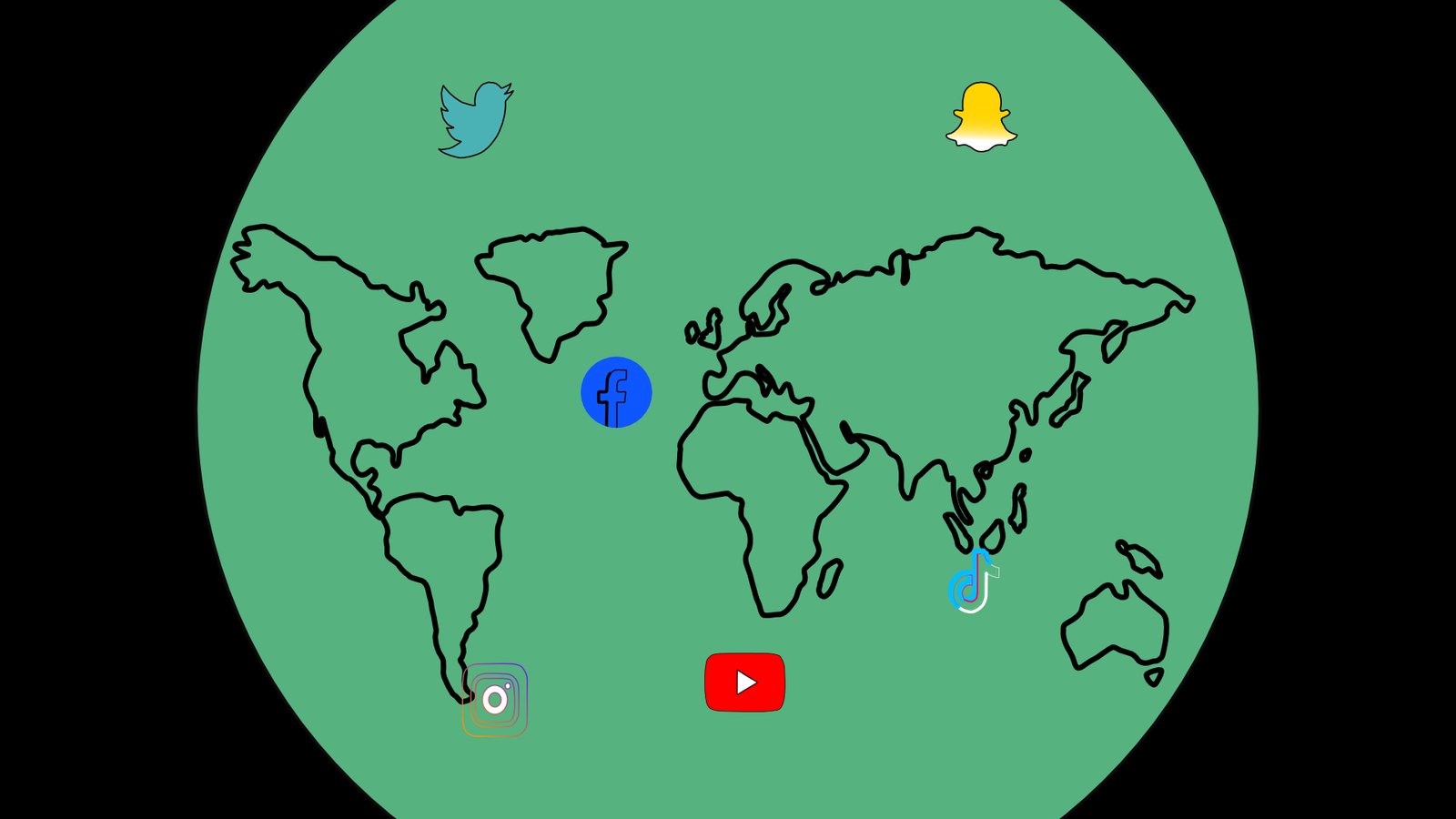Free Accessibility of Data
The power of social media giants has transformed the modern approach to communication, redefining how businesses and stakeholders interact within the frameworks introduced by these platforms. The psychology of smart technological devices has become a subject of increasing academic and societal focus, and globalisation has only intensified this phenomenon.
Technological advancement has fortified the infrastructures of these corporations, elevating them to a level of prowess that cannot be overlooked, especially as they play a central role in the manipulation of data equity to influence the masses.
Globalisation has not only influenced technology but also shaped our understanding of how communication should flow. It has enabled devices to operate at maximum efficiency, allowing stakeholders to connect seamlessly with businesses, governments, and each other through these platforms.
The deceptive veneer of connectivity disguises a darker truth: that these platforms have the potential to alter individuals’ mindsets, depending on how they perceive their influence. In this age of information, the unchecked spread of misinformation is so rampant that, for some, ignorance may indeed feel like bliss. These corporations now have the power to infiltrate even the most indigenous and isolated communities, fracturing them under the weight of digital artefacts and artificial social networks.
Data has become centralised to refine and empower the algorithms that influence user behaviour, deciding who sees what, when, and why. These algorithms act like digital mind readers, manipulating users into liking, sharing, and interacting with content in calculated ways. Beyond this, they reshape demographic metrics and funnel user data to third-party organisations with whom these giants have deep-rooted affiliations.
Many users fail to see the danger and are convinced that privacy settings exist to protect them. However, these settings are largely performative, designed to appease policymakers rather than safeguard the individual.
Data has surpassed oil and gold as the most valuable global commodity. It fuels marketing engines that generate billions in profit, leveraging consumer data to nudge people into taking loans and using credit and ultimately feeding into a consumerist cycle where disposable income equates to corporate growth and enrichment.
The exploration of data underscores how the concept of “free access” has lulled users, particularly Millennials and Gen Z, into unknowingly consenting to surveillance. These generations have allowed their data to be mined, exposing them to potential harm. Social media giants are equipped with robust systems and long-term strategies that serve their pursuit of power and profit.
Mark Zuckerberg’s statements under oath have raised eyebrows, as he continues to deny Facebook’s manipulations of user privacy, yet policymakers permit him to push forward the notion of the metaverse. This serves as further evidence of data liberalism, as the metaverse aims to reconstruct human interconnectedness by replacing genuine interaction with programmed, algorithmic experiences. It risks alienating those who choose not to engage in digital spaces, creating a paradoxical divide in society.
The metaverse may appear to be a simple concept, yet it remains elusive to the average user. Twitter, for instance, has become a space where hate speech and abuse are tolerated without sufficient sanctions, demonstrating how harmful interactions can also be monetised. Facebook’s dominance in Africa is equally concerning, as it has exploited a lack of digital literacy to mine user data.
The absence of education on data rights has made entire populations susceptible to manipulation. Facebook’s approach in Africa represents a neocolonial strategy, using influence to distribute capital to digital influencers who encourage users to engage more deeply with the platform, thus enabling further data extraction.
In terms of profitability, YouTube has proven to be a monumental asset for Google. The so-called “YouTube ideation” has enabled ordinary individuals to attain wealth and fame, fuelling the illusion that anyone can succeed by uploading content. Behind this ingenious model lies a sophisticated system of data extraction, cleverly masked by passive video consumption.
Users believe they are simply watching content, unaware that every view, click, and pause is tracked and monetised. YouTube’s influencer economy has turned unremarkable individuals into celebrities, not for their talent but for their influence, because social media thrives on the reality that people influence people, and wealth influences the masses. YouTube feeds this loop by monetising data at a colossal scale for corporate marketing use.
Snapchat and TikTok have also contributed to the rise of a “lazy culture“, with short-form content designed to reduce cognitive effort. Ten-second videos are a marketer’s dream, replacing traditional two-minute adverts with brief, impactful messages.
While some argue this format enhances accessibility, others see it as diminishing attention spans and depth of thought. Nevertheless, the explosive growth of these platforms and their billions of users has only increased the velocity of data extraction and reinforced the global infrastructure of data control and accessibility.
The ongoing geopolitical conflict between the United States and China over TikTok illustrates just how significant this issue has become. The US government fears the implications of TikTok’s data harvesting on national security, particularly given the platform’s unprecedented user base. Snapchat’s disappearing posts also raise questions about data storage and privacy. What happens to that content once it vanishes from the user’s screen? Few users ask, yet these mechanisms could potentially be used for surveillance or data mining.
Facebook’s metaverse initiative is arguably unstoppable, having already collected two decades’ worth of behavioural data. These algorithmic systems understand users intimately, what they think, how they behave, and what drives them. In the future, all of these platforms may converge into a single omnipotent entity, empowered by a free world that has willingly traded privacy for convenience. The digital giants have won this war not through force, but through consent.




